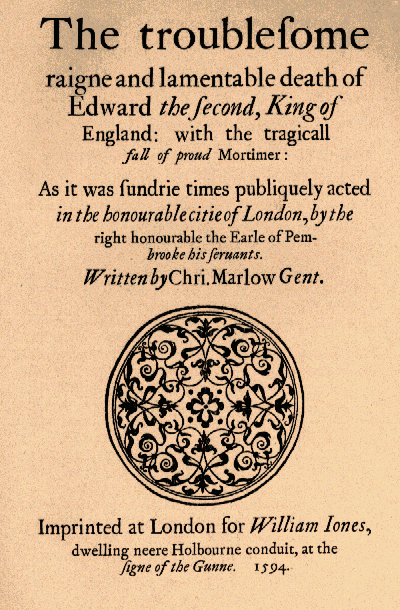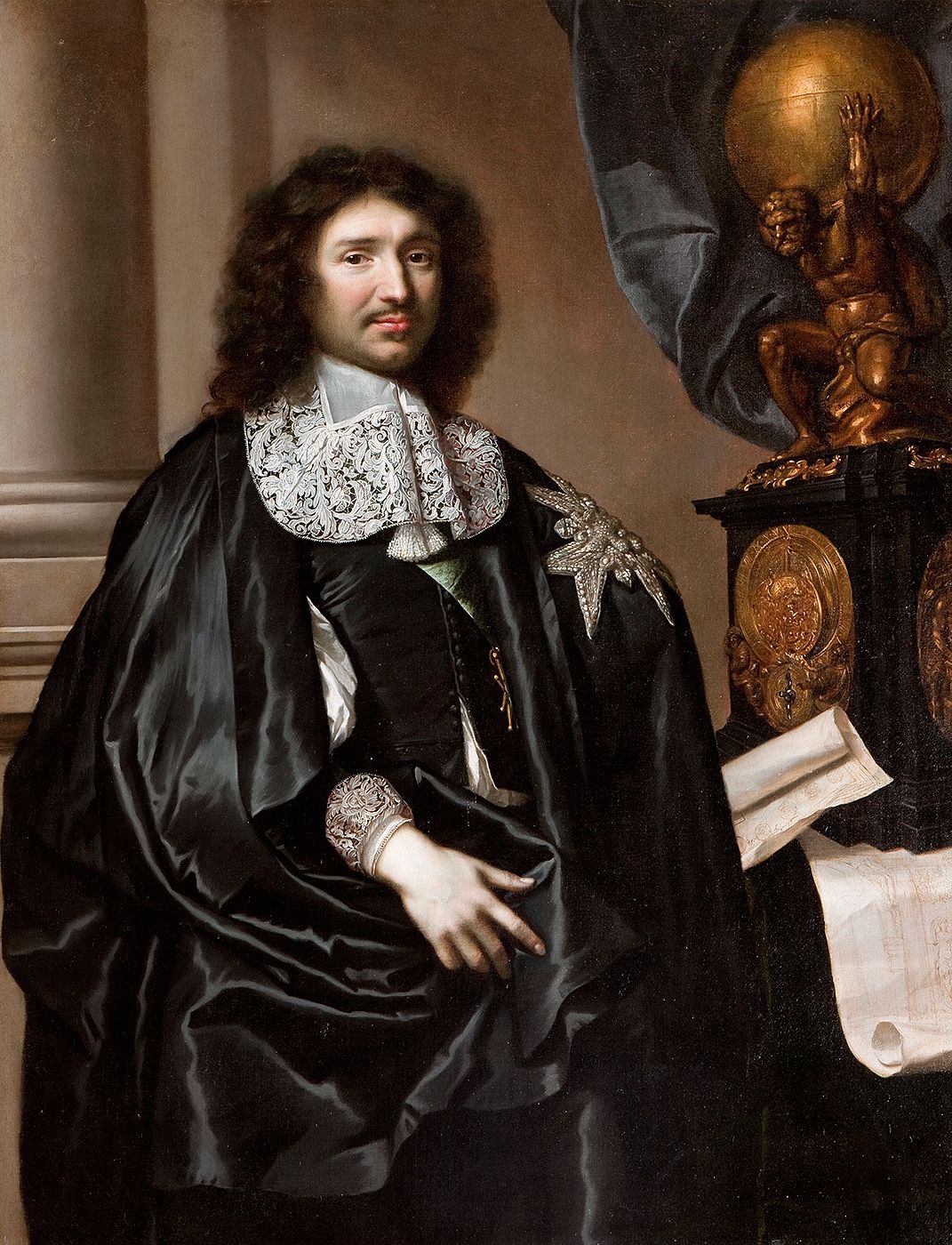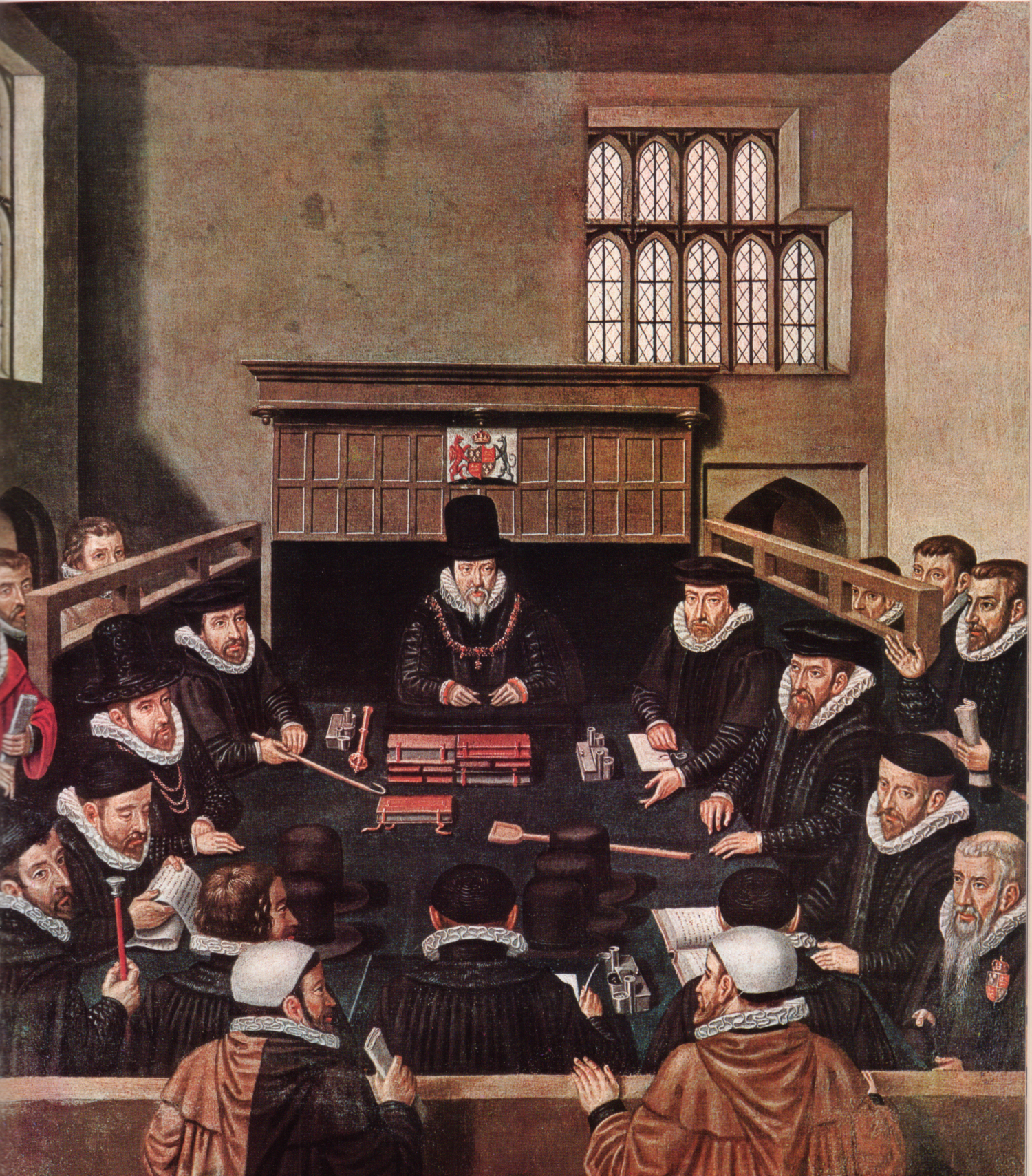|
Favorite
A favourite was the intimate companion of a ruler or other important person. In post-classical and early-modern Europe, among other times and places, the term was used of individuals delegated significant political power by a ruler. It was especially a phenomenon of the 16th and 17th centuries, when government had become too complex for many hereditary rulers with no great interest in or talent for it, and political institutions were still evolving. From 1600 to 1660 there were particular successions of all-powerful minister-favourites in much of Europe, particularly in Spain, England, France and Sweden. By the late 17th century, the royal favourite as quasi-Prime Minister declined; in France, the King resolved to rule directly, while in Britain, as the power of the monarch relative to Parliament declined, executive power slowly passed to the new office of Prime Minister and other parliamentary ministers. The term is also sometimes employed by writers who want to avoid ter ... [...More Info...] [...Related Items...] OR: [Wikipedia] [Google] [Baidu] |
Jean Bérenger
Jean Bérenger (2 October 1934 – 8 September 2024) was a French people, French historian, director of research at the French National Centre for Scientific Research, CNRS, professor at the Faculty of History of the University of Strasbourg and, starting from 1990, at the University of Paris-Sorbonne. Bérenger specializes in the history of the countries of Central Europe, Central and Eastern Europe and in military history, mainly of the modern era, but has also published works on the contemporary era. His doctorate dealt with the history of History of Austria, Austria and Kingdom of Hungary (1526–1867), Hungary in the 17th century. Bérenger died on 8 September 2024, at the age of 90.https://www.cybille.fr/avis-de-deces/obseques-jean-berenger-CWI02 Work In 1974, he suggested other historians of the 17th century to "see, and study, Favourite, minister-favorites not only in a national context but as a 'European phenomenon.'" His seminal 1974 ''Annales'' article on "royal favouri ... [...More Info...] [...Related Items...] OR: [Wikipedia] [Google] [Baidu] |
Gaspar De Guzmán, Count-Duke Of Olivares
Gaspar de Guzmán y Pimentel, 1st Duke of Sanlúcar, 3rd Count of Olivares, , known as the Count-Duke of Olivares (taken by joining both Count of Olivares, his countship and Duke of Sanlúcar la Mayor, subsequent dukedom) (6 January 1587 – 22 July 1645), was a Spanish royal favourite () of Philip IV of Spain, Philip IV and minister. He was appointed as Grandee on 10 April 1621. A day after the ending of the Twelve Years' Truce in January 1643, he over-exerted Spain in foreign affairs and unsuccessfully attempted domestic reform. His policy of committing Habsburg Spain, Spain to recapture Dutch Republic, Holland led to a renewal of the Eighty Years' War while Spain was also embroiled in the Thirty Years' War (1618–1648). In addition, his attempts to centralise power and increase wartime taxation led to revolts Reapers' War, in Catalonia and Portuguese Restoration War, in Portugal, which brought about his downfall. Rise to power Olivares was born in Rome in 1587, where his ... [...More Info...] [...Related Items...] OR: [Wikipedia] [Google] [Baidu] |
Elizabeth I Of England
Elizabeth I (7 September 153324 March 1603) was Queen of England and Ireland from 17 November 1558 until her death in 1603. She was the last and longest reigning monarch of the House of Tudor. Her eventful reign, and its effect on history and culture, gave name to the Elizabethan era. Elizabeth was the only surviving child of Henry VIII and his second wife, Anne Boleyn. When Elizabeth was two years old, her parents' marriage was annulled, her mother was executed, and Elizabeth was declared illegitimate. Henry restored her to the line of succession when she was 10. After Henry's death in 1547, Elizabeth's younger half-brother Edward VI ruled until his own death in 1553, bequeathing the crown to a Protestant cousin, Lady Jane Grey, and ignoring the claims of his two half-sisters, Mary and Elizabeth, despite statutes to the contrary. Edward's will was quickly set aside and the Catholic Mary became queen, deposing Jane. During Mary's reign, Elizabeth was imprisoned fo ... [...More Info...] [...Related Items...] OR: [Wikipedia] [Google] [Baidu] |
Edward II (play)
''The Troublesome Reign and Lamentable Death of Edward the Second, King of England, with the Tragical Fall of Proud Mortimer'', known as ''Edward II'', is a Renaissance or early modern period play written by Christopher Marlowe. It is one of the earliest English history plays, and focuses on the relationship between King Edward II of England and Piers Gaveston, 1st Earl of Cornwall, Piers Gaveston, and Edward's murder on the orders of Roger Mortimer, 1st Earl of March, Roger Mortimer. Marlowe found most of his material for this play in the third volume of Raphael Holinshed's Holinshed's Chronicles, ''Chronicles'' (1587). Frederick S. Boas believes that "out of all the rich material provided by Holinshed" Marlowe was drawn to "the comparatively unattractive reign of Edward II" due to the relationship between the King and Gaveston. Boas elaborates, "Homosexual affection ... has (as has been seen) a special attraction for Marlowe. Jove and Ganymede in ''Dido, Queen of Carthage (pla ... [...More Info...] [...Related Items...] OR: [Wikipedia] [Google] [Baidu] |
Gentry
Gentry (from Old French , from ) are "well-born, genteel and well-bred people" of high social class, especially in the past. ''Gentry'', in its widest connotation, refers to people of good social position connected to Landed property, landed estates (see manorialism), upper levels of the clergy, or long established "gentle" families of noble descent, some of whom in some cases never obtained the official right to bear a coat of arms. The gentry largely consisted of landowners who could support themselves entirely from Renting#Rental investment, rental income or at least had a Estate (land), country estate; some were Gentleman farmer, gentleman farmers. In the United Kingdom ''gentry'' specifically refers to the landed gentry: the majority of the land-owning social class who typically had a coat of arms but did not hold a Peerages in the United Kingdom, peerage. The adjective "Patrician (post-Roman Europe), patrician" ("of or like a person of high social rank") describes comparabl ... [...More Info...] [...Related Items...] OR: [Wikipedia] [Google] [Baidu] |
Jean-Baptiste Colbert
Jean-Baptiste Colbert (; 29 August 1619 – 6 September 1683) was a French statesman who served as First Minister of State from 1661 until his death in 1683 under the rule of King Louis XIV. His lasting impact on the organization of the country's politics and markets, known as Colbertism, a doctrine often characterized as a variant of mercantilism, earned him the nickname ''le Grand Colbert'' (; "the Great Colbert"). A native of Reims, he was appointed Intendant of Finances on 4 May 1661. Colbert took over as Controller-General of Finances, a newly created position, in the aftermath of the arrest of Nicolas Fouquet for embezzlement, an event that led to the abolishment of the office of Superintendent of Finances. He worked to develop the domestic economy by raising tariffs and encouraging major public works projects, as well as to ensure that the French East India Company had access to foreign markets, so that they could always obtain coffee, cotton, dyewoods, fur, pepper, ... [...More Info...] [...Related Items...] OR: [Wikipedia] [Google] [Baidu] |
William Cecil, 1st Baron Burghley
William Cecil, 1st Baron Burghley (13 September 15204 August 1598), was an English statesman, the chief adviser of Elizabeth I, Queen Elizabeth I for most of her reign, twice Secretary of State (England), Secretary of State (1550–1553 and 1558–1572) and Lord High Treasurer from 1572. In his description in the Encyclopædia Britannica Eleventh Edition, ''Encyclopædia Britannica'' Eleventh Edition, Albert Pollard, A.F. Pollard wrote, "From 1558 for forty years the biography of Cecil is almost indistinguishable from that of Elizabeth and from the history of England." Cecil set as the main goal of English policy the creation of a united and Protestant British Isles. His methods were to complete the control of Ireland, and to forge an alliance with Scotland. Protection from invasion required a powerful Royal Navy. While he was not fully successful, his successors agreed with his goals. In 1587, Cecil persuaded the Queen to order the Execution of Mary, Queen of Scots, executio ... [...More Info...] [...Related Items...] OR: [Wikipedia] [Google] [Baidu] |
Cardinal Richelieu
Armand Jean du Plessis, 1st Duke of Richelieu (9 September 1585 – 4 December 1642), commonly known as Cardinal Richelieu, was a Catholic Church in France, French Catholic prelate and statesman who had an outsized influence in civil and religious affairs. He became known as the Red Eminence (), a term derived from the style of Eminence (style), Eminence applied to Cardinal (Catholic Church), cardinals and their customary red robes. Consecrated a bishop in 1607, Richelieu was appointed Secretary of State for Foreign Affairs (France), Foreign Secretary in 1616. He continued to rise through the hierarchy of both the Catholic Church and the French government, becoming a Cardinal (Catholic Church), cardinal in 1622 and Chief minister of France, chief minister to King Louis XIII, Louis XIII of France in 1624. He retained that office until his death in 1642, when he was succeeded by Cardinal Cardinal Mazarin, Jules Mazarin, whose career the cardinal had fostered. Richelieu became enga ... [...More Info...] [...Related Items...] OR: [Wikipedia] [Google] [Baidu] |
Axel Oxenstierna
Axel Gustafsson Oxenstierna (; 1583–1654) was a Swedish statesman and Count of Södermöre. He became a member of the Swedish Privy Council in 1609 and served as Lord High Chancellor of Sweden from 1612 until his death. He was a confidant of King Gustavus Adolphus and then Christina, Queen of Sweden, Queen Christina, for whom he was at first regent. Oxenstierna is widely considered one of the most influential people in Swedish history. He played an important role during the Thirty Years' War and was appointed Governor-General of occupied Prussia; he is also credited for having laid the foundations of the modern central administrative structure of the State, including the creation of counties (). Early life and education Oxenstierna was born on 16 June 1583, at Fånö in Uppland, the son of Gustaf Gabrielsson Oxenstierna (1551–1597) and Barbro Axelsdotter Bielke (1556–1624), as the oldest of nine siblings. His parents belonged to the ancient and influential high noble ... [...More Info...] [...Related Items...] OR: [Wikipedia] [Google] [Baidu] |
Francisco Goméz De Sandoval Y Rojas, Duke Of Lerma
Francisco is the Spanish and Portuguese form of the masculine given name ''Franciscus''. Meaning of the name Francisco In Spanish, people with the name Francisco are sometimes nicknamed " Paco". San Francisco de Asís was known as ''Pater Communitatis'' (father of the community) when he founded the Franciscan order, and "Paco" is a short form of ''Pater Communitatis''. In areas of Spain where Basque is spoken, " Patxi" is the most common nickname; in the Catalan areas, "Cesc" (short for Francesc) is often used. In Spanish Latin America and in the Philippines, people with the name Francisco are frequently called " Pancho". " Kiko"and "Cisco" is also used as a nickname, and "Chicho" is another possibility. In Portuguese, people named Francisco are commonly nicknamed " Chico" (''shíco''). People with the given name * Pope Francis (1936-2025) is rendered in the Spanish, Portuguese and Filipino languages as Papa Francisco * Francisco Acebal (1866–1933), Spanish writer and au ... [...More Info...] [...Related Items...] OR: [Wikipedia] [Google] [Baidu] |
Robert Dudley, 1st Earl Of Leicester
Robert Dudley, 1st Earl of Leicester (24 June 1532 – 4 September 1588) was an English statesman and the favourite of Elizabeth I from her accession until his death. He was a suitor for the queen's hand for many years. Dudley's youth was overshadowed by the downfall of his family in 1553 after his father, the Duke of Northumberland, had failed to prevent the accession of Mary I. Robert Dudley was condemned to death but was released in 1554 and took part in the Battle of St. Quentin under Mary's husband and co-ruler, Philip, which led to his full rehabilitation, but also to the death of his younger brother Henry. On Elizabeth I's accession in November 1558, Dudley was appointed Master of the Horse. In October 1562, he became a privy councillor and, in 1587, was appointed Lord Steward of the Royal Household. In 1564, Dudley became Earl of Leicester and, from 1563, one of the greatest landowners in North Wales and the English West Midlands by royal grants. The Earl of Leic ... [...More Info...] [...Related Items...] OR: [Wikipedia] [Google] [Baidu] |
Edward The Second
Edward II (25 April 1284 – 21 September 1327), also known as Edward of Caernarfon or Caernarvon, was King of England from 1307 until he was deposed in January 1327. The fourth son of Edward I, Edward became the heir to the throne following the death of his older brother Alphonso. Beginning in 1300, Edward accompanied his father on campaigns in Scotland, and in 1306 he was knighted in a grand ceremony at Westminster Abbey. Edward succeeded to the throne the next year, following his father's death. In 1308, he married Isabella, daughter of the powerful King Philip IV of France, as part of a long-running effort to resolve the tensions between the English and French crowns. Edward had a close and controversial relationship with Piers Gaveston, who had joined his household in 1300. The precise nature of Edward and Gaveston's relationship is uncertain; they may have been friends, lovers, or sworn brothers. Gaveston's arrogance and power as Edward's favourite provoked dis ... [...More Info...] [...Related Items...] OR: [Wikipedia] [Google] [Baidu] |









